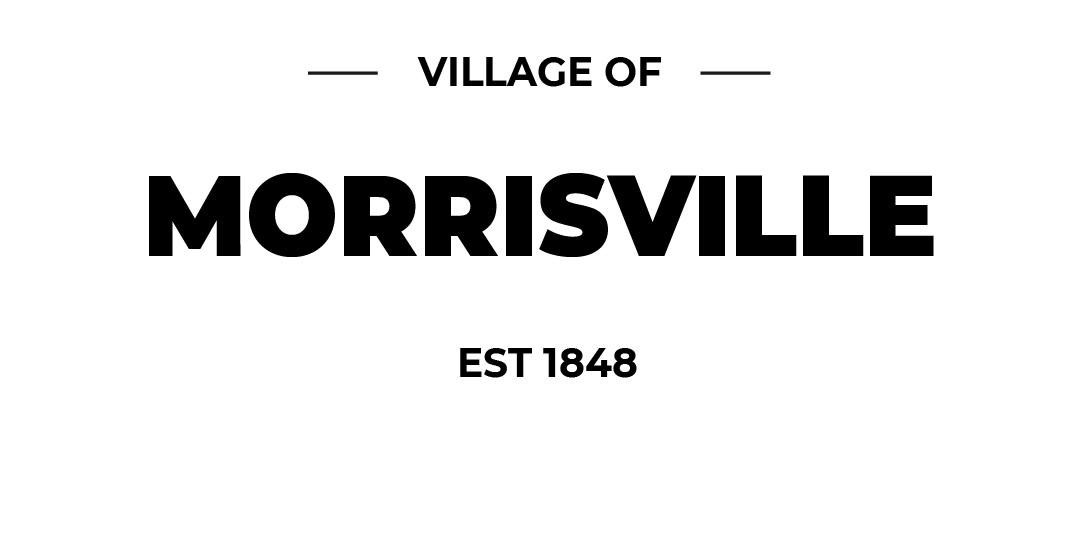A short history adapted from
The Town of Eaton in the Bicentennial Year
The first settlers in the area of Morrisville came from the east by way of the "Old State Road" which passed through the village about where Eaton and Maple Streets cross. Thomas Morris came here in 1796 and in 1797 built a house on the corner of Main and Cedar Streets.
As more people came to the area, a small village grew and was called "Morris Flats" after the founder. The Cherry Valley Turnpike brought in more settlers, but "The Flats" did not progress as fast as "Log City" (the early name of the hamlet of Eaton) until after the county seat was moved here in 1817. At that time the village was still a small hamlet.
People could not commute to court as they do now, so judges and lawyers took up residence, and jurors and witnesses had to stay in town for the duration of trials. Hotels and boarding houses were started, and related businesses began. The village was incorporated in 1819 and renamed "Morrisville." After about ten years, the incorporation was allowed to lapse until 1849.
A foundry was begun about 1830 by Jefferson Cross who made, among other things, cast iron stoves which were beginning to replace fireplaces. By 1840, there were several factories in town: woolen mills, chair factories, a distillery, a saddle, harness and trunk shop, a comb factory and a silk mill. Also in existence were three churches and three taverns. The bank was founded in 1864. One of the largest early industries was a tannery, run for many years by the Tillinghasts, and located behind the present building, a restaurant called "The Fort." It continued until the once plentiful supply of hemlock bark, from which tannin was made, was finally depleted.
The danger of fires was always present in the days when homes and businesses were heated by stoves. Many buildings were lost when a bucket brigade was the only means of fighting fires. The attractive fountains in most of the towns in the early days were constructed to furnish a ready supply of water. Morrisville at one time had four fountains. After a fire company was formed in 1851, the village purchased a hand pumper. This pumper continued in use until the 1890s when the village water works were built, making hand pumpers no longer necessary. It is said the interest in building the water works was stimulated by a major fire in the cheese factory on the site of the old school bus garage at the end of Union Street. This fire threatened a large part of the village.
The first courthouse was built in 1817 when the county seat was moved here from Cazenovia. However, the building was apparently unsafe from the beginning. It was condemned and a new courthouse was built in 1849. This building burned in 1864. It was believed at the time that the fire was set by the Loomis Gang to destroy evidence against one of their member then on trial. Court convened the next day in the Exchange Hotel across the street, and a new courthouse was built the following year. The first jail was built in 1820; previously prisoners had been kept in the Oneida County jail. A new jail was built in 1872, and was torn down in 1967.
The county seat was moved to Wampsville in 1907, and the very existence of Morrisville was threatened. However, in 1908, the New York State School of Agriculture was established, occupying the old county buildings and bringing new life to the community.
